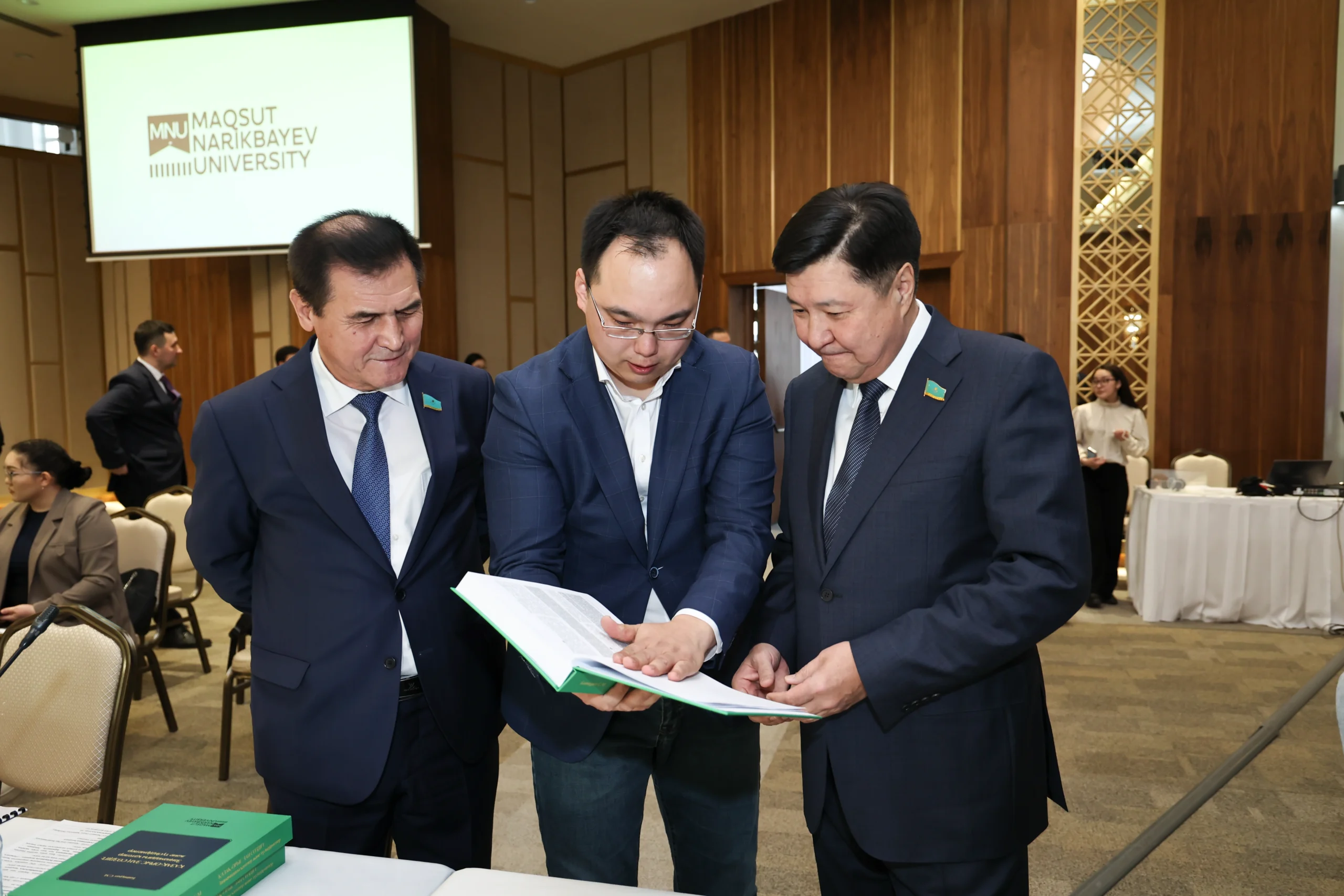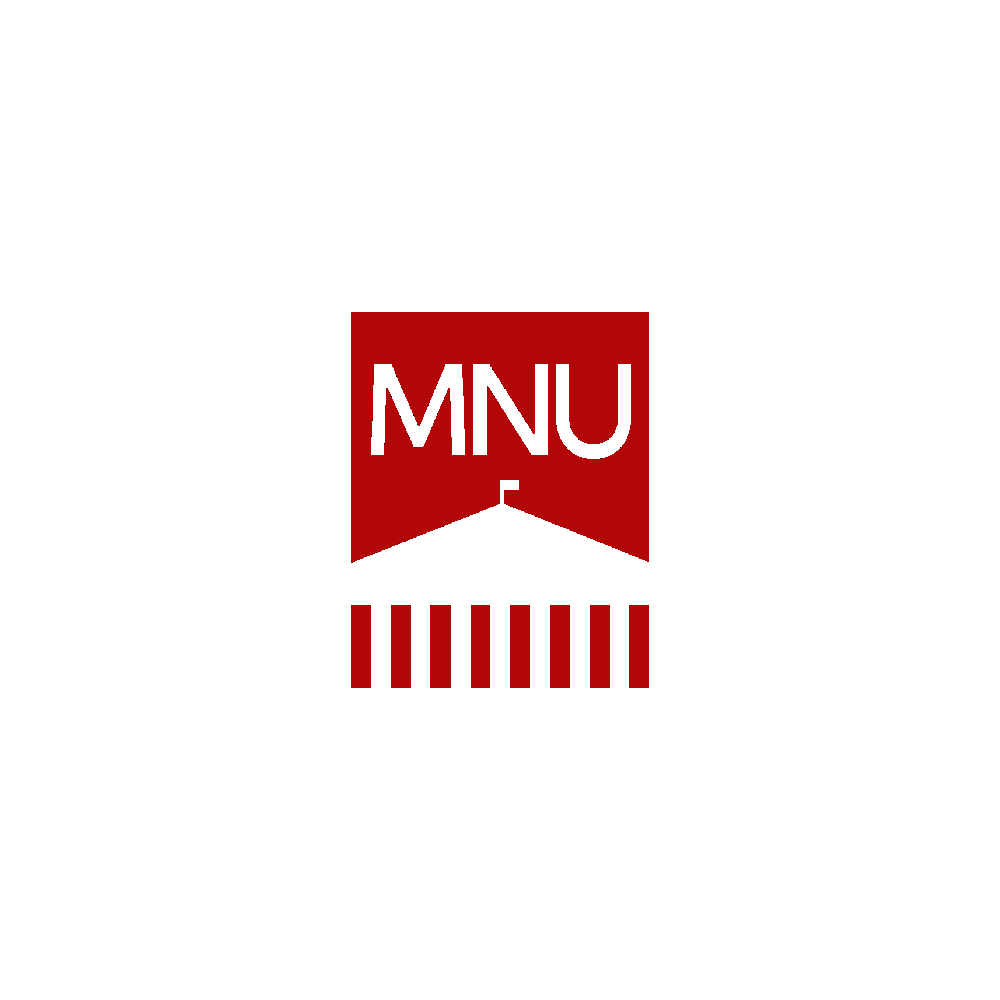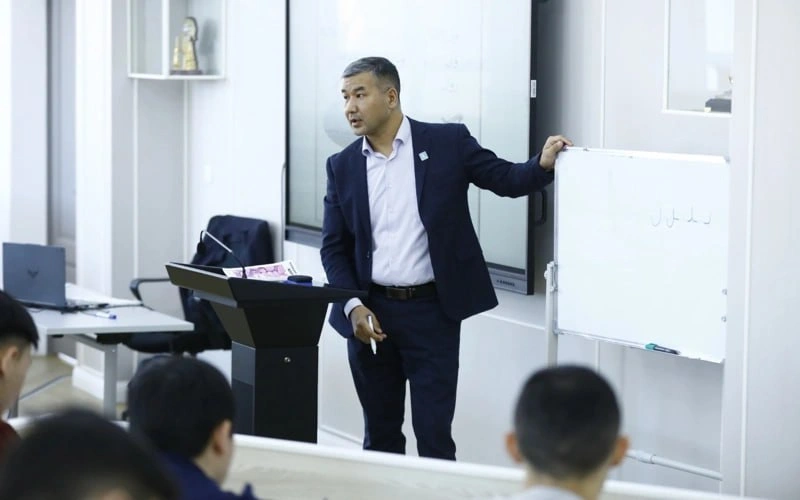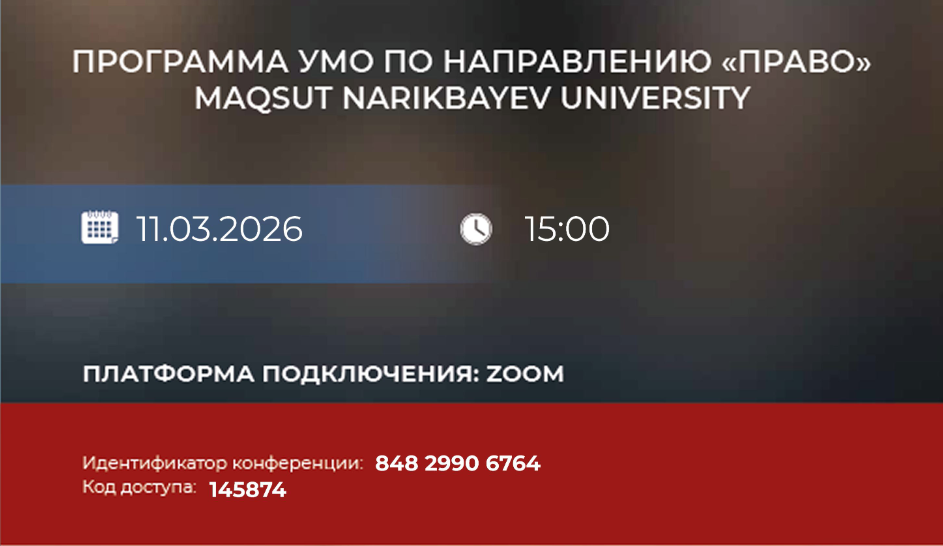A regular meeting of the Project Office of the Senate of the Parliament of the Republic of Kazakhstan took place at Maqsut Narikbayev University (MNU). Lawyers, deputies, government officials, and experts gathered to discuss tools for assessing the readability of legal acts and their role in improving the quality of lawmaking. The event was organized by the MNU Law School and the MIND Analytics and Research Center.
During the meeting, experts emphasised the need to improve the readability of Kazakhstan’s laws. Deputy Chairman of the Senate, Zhakip Asanov, highlighted issues such as inaccurate translations of legal norms from Russian into Kazakh and inconsistencies within the legislation. These factors, he noted, often hinder the comprehension and proper application of laws. He stressed that legal texts should be written in clear and accessible language.
Provost of MNU Sergey Pen presented the Readability of Legal Acts research project, which aims to analyse the readability of legal documents using artificial intelligence. Developed by the MNU Scientific School of Theory and Philosophy of Law in collaboration with the MIND Analytics and Research Center, the project introduces a methodology for analysing legal texts and formulating queries to generate legal norms using AI algorithms.

“The development of assessment tools for the readability of legal acts paves the way for more accessible, understandable, and effective regulations. These improvements directly impact citizens’ lives and the work of state institutions. Supporting initiatives that enhance legal culture and introduce innovative solutions into the legislative process is crucial. The Readability of Legal Acts project reflects Maqsut Narikbayev University’s ambition to be not only an academic institution but also an active contributor to legal reforms,” said Talgat Narikbayev, Chairman of the Board at MNU.
Meanwhile, Vice Minister of Industry and Construction of the Republic of Kazakhstan Zhannat Dubrova spoke about the methodology of legislative reforms, presenting cases tested by lawyers. In addition, Dmitriy Serebrennikov, Head of the MIND’s Department of Sociological Innovations, raised the need to develop unified standards for assessing the readability of legislative documents, and Olga Bektibayeva, Director of the Law School, and Professor Anton Didikin, gave examples of adapting complex formulations to improve their clarity without compromising legal accuracy. An important event was the presentation of the book “Kazakh-Russian Legal Dictionary: Errors and Interpretations” by Sagidolla Baymurat, Head of the Law educational programme.
Experts agreed that improving the readability of legal texts is essential for an effective legislative process. Simplifying legal language can enhance law enforcement, improve legal literacy, and minimize legal risks. Furthermore, implementing AI for legislative reform could significantly enhance the quality of legal regulations, making them more adaptable to modern needs.
Maqsut Narikbayev University remains committed to actively contributing to legislative initiatives in Kazakhstan. The Senate confirmed that insights from this discussion will inform upcoming parliamentary hearings and help with shaping recommendations for the government.







